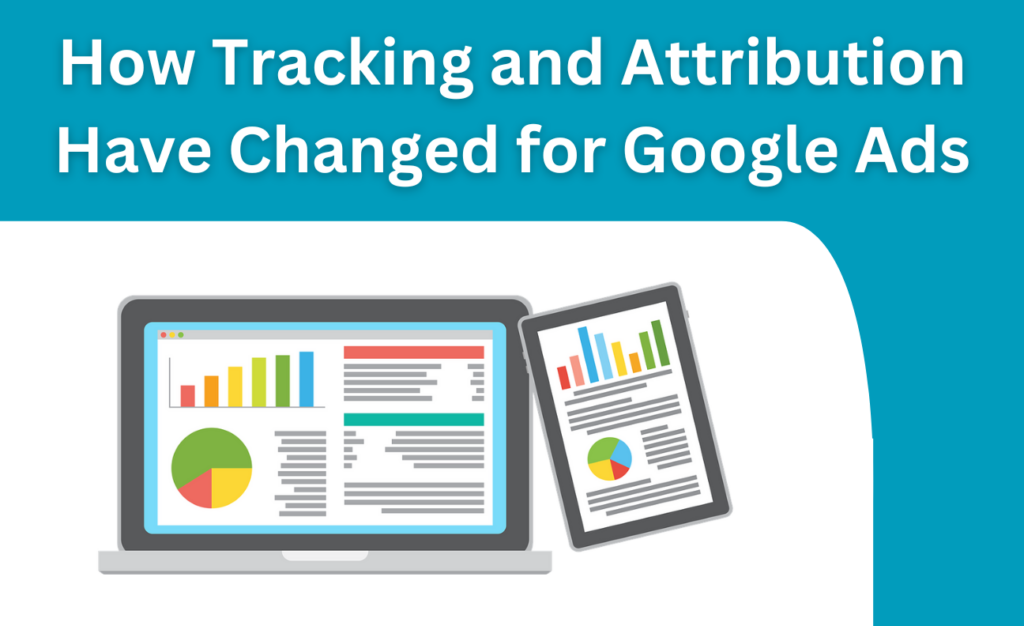Financial firms have a unique set of marketing analytics needs.
They need to track and analyse data on customer acquisition, spending patterns, product preferences, and more.
In this guide, we will discuss the different types of data that financial firms should be tracking and how they can use that data to improve their marketing campaigns. We’ll also cover some of the most popular Advanced Marketing Analytics tools in use today.
What are Advanced Marketing Analytics?
Advanced Marketing Analytics (AMA) is a term used to describe the process of analysing marketing data to improve marketing campaigns and strategies.
It can be used to track customer behaviour, understand spending patterns, and identify areas for improvement.
Using Advanced Marketing Analytics as a Financial Firm
Financial firms can use Advanced Marketing Analytics to improve their customer acquisition, understand customer behaviour, and create targeted marketing campaigns.
By tracking the right data and using the right tools, financial firms can gain a competitive edge in the marketplace.
Types of Advanced Marketing Analytics for Financial Firms
There are a few different types of Advanced Marketing Analytics that financial firms can use:
Attribution Modelling
This type of AMA allows firms to track how different marketing channels (such as email, display ads, and social media) are performing.
This information can be used to adjust budgets and allocate resources more effectively.
Conversion Tracking
This type of AMA tracks the number of leads that are generated from each marketing channel and measures the conversion rate (the number of leads that turn into customers).
This information can be used to improve the effectiveness of marketing campaigns.
Customer Segmentation
This type of AMA helps firms to divide their customer base into groups based on shared characteristics.
This information can be used to create targeted marketing campaigns that are more likely to be successful.
Lead Scoring
This type of AMA assigns a score to each lead based on their likelihood of becoming a customer.
This information can be used to prioritise leads and focus marketing efforts on those that are most likely to convert.
Multi-Touch Attribution
This type of AMA allows firms to see the full path that a customer takes before they make a purchase.
This information can be used to improve the customer journey and create a better overall experience.
Stages of Applying Advanced Marketing Analytics as a Financial Firm
There are a few different stages that financial firms can go through when applying Advanced Marketing Analytics:
Data Collection
The first stage is to collect data from a variety of sources, including customer surveys, website data, and social media data.
Data Analysis
The second stage is to analyse the data to identify trends and patterns.
This can be done using a variety of methods, including statistical analysis, regression analysis, and machine learning.
Reporting
The third stage is to create reports that summarise the findings of the data analysis.
These reports can be used to make decisions about marketing strategy and budgeting.
Implementation
The fourth stage is to implement the changes that were recommended in the reports.
This might include adjusting the budget for a marketing campaign or changing the target audience for a product.
Available Advanced Marketing Analytics Tools
There are a number of Advanced Marketing Analytics tools available on the market today. Some of the most popular tools include:
IBM SPSS Modeller
IBM SPSS Modeller is a powerful data mining and predictive modelling tool.
It can be used to identify trends and patterns in customer data.
SAS Advanced Marketing Analytics
SAS Advanced Marketing Analytics is another popular tool that offers a variety of features for marketing analysis, including campaign management, customer segmentation, and web analytics.
Oracle Advanced Marketing Analytics
Oracle Advanced Marketing Analytics is a comprehensive marketing analysis tool that offers a wide range of features, including customer profiling, customer segmentation, and web analytics.
Adobe Marketing Cloud
Adobe Marketing Cloud is a cloud-based marketing platform that provides users with a variety of tools for managing campaigns, analysing data, and tracking results.










